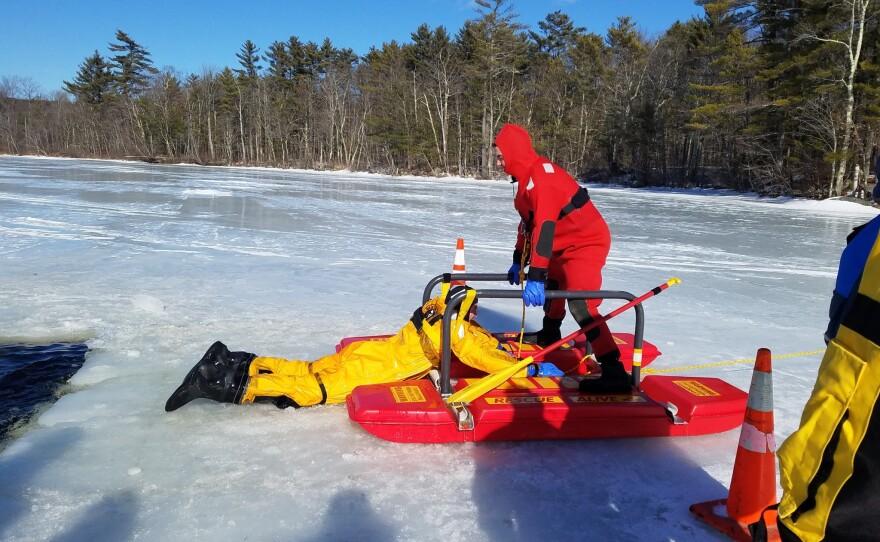Illinois Gov. J.B. Pritzker signed House Bill 3062 into law on June 6. Effective immediately, the law requires any legal challenges against state laws or executive orders to be filed in either Cook or Sangamon counties.
It made it through the General Assembly last month with only Democratic support. Sangamon County is home to the state capital, Springfield, while Cook County houses Chicago.




